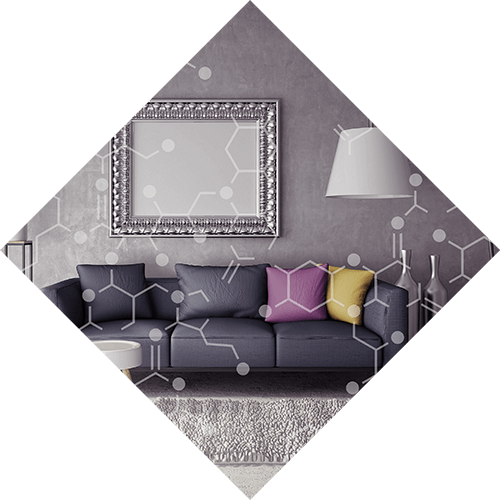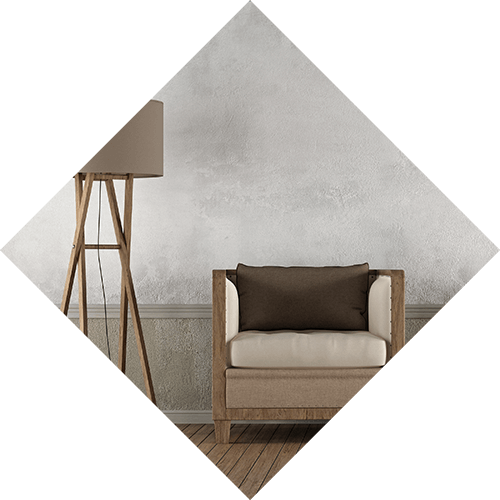Companies being more environmentally friendly is a growing initiative across what seems to be almost every industry. Consumer behaviour is shifting, how eco-friendly products are is a serious factor in the buying decision. Many consumers are looking for products which are produced and sourced in a way which has less of a negative effect on the environment.
In particular, the furniture industry can often be associated with unusual materials and a variety of energy-intensive manufacturing processes. With consumers now looking for more eco-friendly products, furniture manufacturers must adapt their processes, production, and sourcing practices to reduce their impact on the environment.
In this article, we look at the ways business ERP software can highlight waste and inefficient processes, and how this can help furniture manufacturers to become more eco-friendly.
Visibility
Having visibility across your entire organisation ensures you can effectively identify issues and areas which need improvement. ERP software allows furniture manufacturers to make use of insights through intuitive graphs and models which display real-time information in a visual and easy-to-understand way.
This can be used to identify where waste and inefficient processes are being made, for example:
- Where materials are being wasted in the production process.
- Wasted materials are being held in stock.
- Supply chain issues relating to materials usage and procurement.
- Energy consumption of assets, machinery etc.
- Transport/delivery footprint relating to mileage, sourcing locations etc.
This information can be used to make decisions on the best ways to make your manufacturing process more sustainable and to measure the effects of changes made. This in turn will enable you to inform potential customers that your sustainability has been improved, both about specific product lines, and your manufacturing process in general.
Intelligent Material Resource Planning
Having a system which can predict the amount of materials and resources you will need based on demand forecasts is one thing, but having a system which helps you to reduce wasted materials and inefficient processes is what is really needed to implement sustainable practices in the furniture manufacturing industry. Intelligent material resource planning allows you to:
- Reduce wasted materials in production
- Reduce inventory levels and storage space
- Reduce over-purchasing of material
- Reduce returns and incorrect orders
- Effectively fulfil demand with minimised waste
- Reduce the amount of shipping, delivery and transport-related processes involved in the procurement of materials and items
IoT (Internet of Things)
IoT has the potential for improving energy efficiency, lowering greenhouse gas emissions and optimising energy and resource usage throughout a business. A recent report by ABB found that 72% of companies are increasing investment in industrial IoT specifically to address sustainability aims.
Some examples of how IoT can help furniture manufacturers reach their sustainability goals:
- Fleet Management - track the location of transport vehicles to help optimise routes based on data and reduce fuel consumption.
- Operations - run predictive maintenance across machinery in your factory to reduce the amount of downtime and improve the energy usage of machines.
- Energy Management - connect sensors to analytical dashboards that benchmark energy usage throughout single or multiple sites at a time. Run audits which identify where energy is being wasted and highlight where savings could be made.
Cloud Energy Usage
Cloud can provide a range of benefits which promote sustainability and can reduce the energy consumption of software applications by up to 87% compared to running on-premise (source: earth.org). Cloud systems use less energy by reducing the amount of hardware needed to operate, for example, an on-premise system requires additional servers, infrastructure, and power to run them, while cloud systems only require hardware to access the software. This helps to reduce the carbon footprint of a business by reducing the emissions it produces and the energy it consumes.
Want to learn more about implementing sustainable processes into your furniture manufacturing set-up? Speak to Syscom today.
We have helped many furniture manufacturers achieve sustainability throughout their production processes, helping contribute to becoming carbon neutral and carbon negative in the years to come. Our furniture industry experts can help to create sustainable processes surrounding your current set-up and provide greater efficiency, reduction in costs and improved accuracy through ERP software.
Call us on 01384 400 600 or submit a contact form below.















